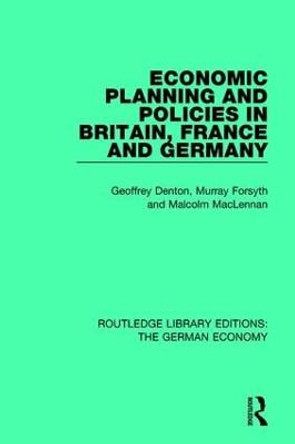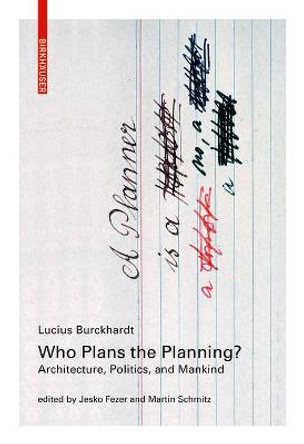The idea of `economic planning' was a central theme of the radical economic policy debate in the 1930s. Born of the inter-war economic crisis, the call for the reconstruction of the economy according to a `plan' of one kind or another spanned practically the entire spectrum of the politics of the day. The fashion for planning is often seen as the seedbed of the Keynesian revolution and the `Butskellite' consensus of thenext decade. Yet `planning' was neither uniformly Keynesian nor, in fact, indicative of political agreement over economic policy. Beneath the shared language of planning, the radical economic debate was riven by the same ideological rifts which dominated the more conventional political scene. Dr Ritschel traces the many interpretations of planning, and examines the process of ideological construction and dissemination of the new economic ideas. He finishes with an explanation of the planners' retreat, late in the decade, from the divisive economics of planning towards the less ambitious but also far less contentious alternative - the `middle way' of Keynesian economics.
Reviewsan appealing and well-made argument * Neil Rollings, Business History *
This book makes a major contribution to our understanding of twentieth century British politics. It is sensitive both to the broad interpretative issues faced in taking political ideology seriously, and to the nuances of understanding necessary when analysing political debate about the economy. * Jim Tomlinson, Brunel University, Twentieth Century British History, vol 10, no 1, 1999 *
Ritschel's book is to be highly recommended. * Richard Coopey, Albion Summer '99 *
Book InformationISBN 9780198206477
Author Daniel RitschelFormat Hardback
Page Count 384
Imprint Oxford University PressPublisher Oxford University Press
Weight(grams) 1g
Dimensions(mm) 225mm * 144mm * 26mm









